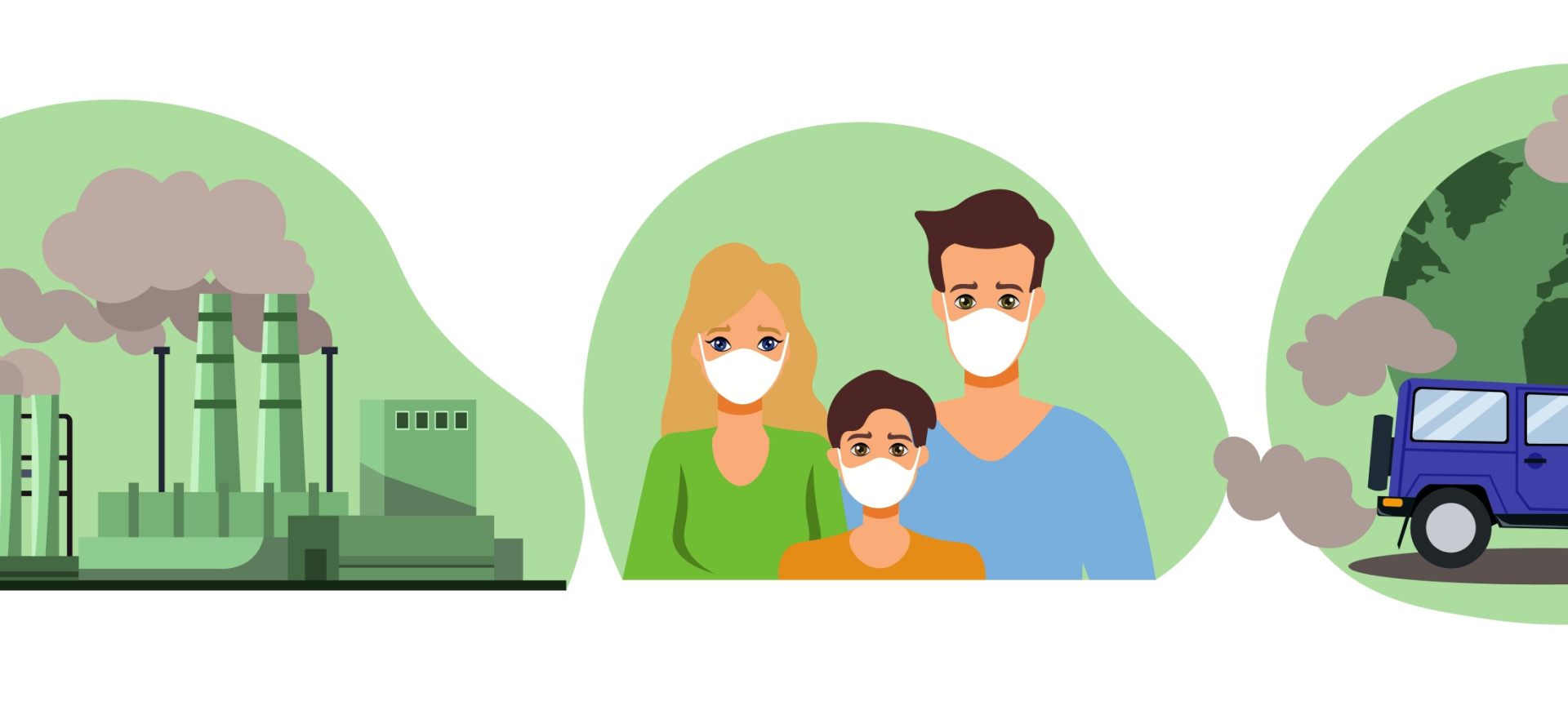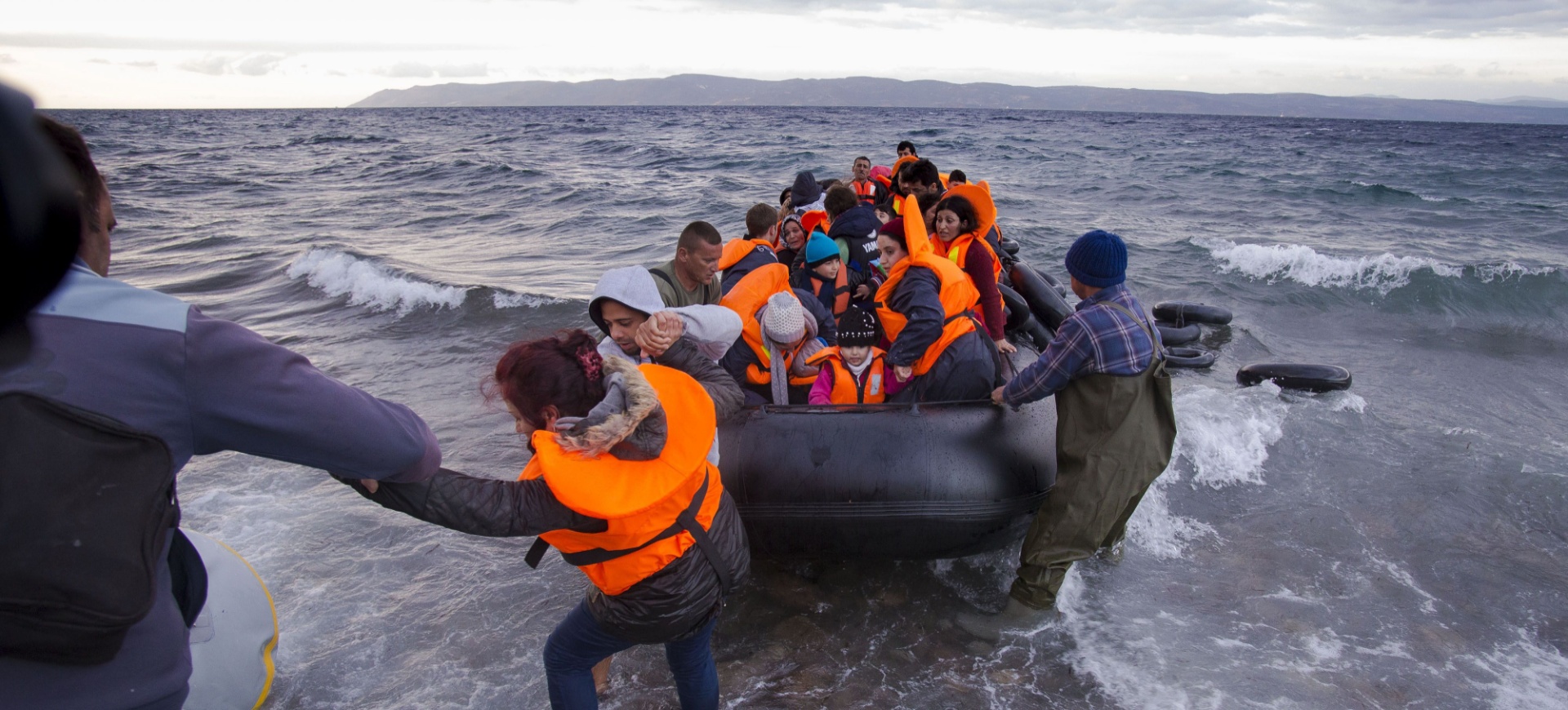Many for the price of one
Integrating non-communicable disease prevention and climate action can go a long way towards improving planetary health – by supporting the natural systems upon which all our lives depend
We face major challenges to planetary health in the non-communicable disease epidemic and the climate crisis, which are related. Civil society–led NCD/health and climate action movements offer the best hope for improving the health of people and the underlying natural systems on which all our lives and livelihoods depend.
The challenge facing the Caribbean
NCDs – principally cardiovascular diseases, cancer, diabetes and chronic respiratory diseases – cause approximately 80% of all deaths in the Caribbean. Caribbean countries feature among the top 10 of premature deaths from NCDs in the Americas.
Caribbean countries have a high prevalence of diabetes, hypertension and obesity, with increasing loss of lives, legs, kidney function and sight. NCDs are a major economic burden in the region, costing 5% of gross domestic product in Trinidad and Tobago alone.
NCDs share the modifiable risk factors of tobacco use, harmful use of alcohol, poor diet and physical inactivity, as well as air pollution, easily linked to the climate crisis. These factors reflect human behaviour, but are profoundly influenced by social and environmental determinants, such as poverty, education, gender and where you live, and by commercial forces.
A key determinant is weak regulatory capacity for tobacco, alcohol, food and medicines, although some progress has been made regarding pharmaceuticals by the Caribbean Public Health Agency. The region has an unhealthy food environment with foods high in salt, sugar, fat and calories. There are no labels warning of unhealthy foods. There is widespread marketing to children and limited use of fiscal measures such as taxes on sugary beverages. There is interference from the food industry, heavy alcohol marketing and fossil fuel–based transport that increases sedentariness. As much as 90% of food in the Caribbean is imported, making trade policy important to a healthier food environment.
And climate change has many adverse impacts on the people of this vulnerable region located in the hurricane belt, small in size and with resource constraints. These ubiquitous, unrelenting impacts affect all sectors, but disproportionately affect the poor, older adults and people with chronic NCDs. For example, Hurricane Maria caused 64 deaths in Puerto Rico in 2017, but over 1,200 excess deaths subsequently, especially in persons with diabetes and heart disease.
Both climate change and NCDs are typified by overconsumption: of food, fossil fuel, tobacco and alcohol, driven by commercial interests. Another link is food and nutrition security, as more frequent storms, drought and damage lead to more consumption of cheap, low-quality imported food, in turn leading to obesity and NCDs. The massive meat industry uses gas and oil to make fertilisers and support mechanised agriculture. Another link is air quality, as heat and drought cause more fires and smoke, and pollution from vehicle emissions trigger asthma and chronic respiratory disease. People grow increasingly inactive, depending on vehicles using fossil fuels.
What is being done?
In 2007, Caribbean countries held the first summit of heads of government on NCDs and issued the Port of Spain Declaration with 27 commitments on prevention and control. This was the forerunner to high-level meetings on NCDs at the United Nations in 2012, 2014 and 2018. The Healthy Caribbean Coalition was formed in 2012 with over 100 civil society organisations working to prevent and control NCDs. Governments in the region also worked on strengthening plans and programmes for preventing and controlling NCDs.
Issues under the control of health ministries, such as policies and plans for treatment, showed positive movement. Issues requiring a multi-sector approach or subject to commercial influence hardly improved. Risk factors such as alcohol consumption, unhealthy diets, physical inactivity and obesity increased in adults and children. In 2016–17, CARPHA developed a six-point policy package for healthier food environments to prevent childhood obesity, including front-of-pack labels, reduced marketing of unhealthy foods to children, product reformulation, food chain incentives for fruit and vegetables, and fiscal measures such as taxes on sugar-sweetened beverages. There was very limited progress, given forceful opposition from commercial interests. And little progress has been made on improving green spaces in urban areas or using alternative modes of transport. Similarly, at the global level the world is not on track to achieve the Sustainable Development Goals, including SDG 3 on health.
Caribbean countries were at the forefront at the 2015 Paris Agreement with the cry of “1.5 to stay alive”. However, carbon dioxide levels continue to rise as burning of fossil fuels has steadily increased. The world is on track for 2.7°C of warming under current commitments. Fires, drought, floods worldwide in 2023 have led the UN to sound the alarm loudly. Yet the next UN climate conference will be chaired in November 2023 by an oil executive.
With support from the World Health Organization and the European Union, many countries have developed health national adaptation plans for climate change, but health organisations and climate/environment interests largely operate in separate silos. At the regional level, the EarthMedic and EarthNurse Foundation for Planetary Health was founded in 2020 to mobilise health professionals to address the climate crisis. In July 2023, EarthMedic helped launch the Caribbean Health Alliance for Climate Action with five national medical associations and the HCC.
In 2022, the Global Consortium on Climate and Health Education at Columbia University conducted climate and health courses in the Caribbean, to help address large knowledge-action gaps among healthcare professionals. These efforts are increasing the awareness of the impact of climate change on health and NCDs.
What still needs to happen?
So much can be done. NCD prevention and control movements can join with climate action movements: the HCC, EarthMedic and environmental organisations can come together with the Caribbean Health Alliance for Climate Action.
A Caribbean hub for education could scale up training for health professionals, faculty, students and policymakers, with climate and health as a prerequisite.
Governments should designate some of the divested sugar lands in all the Caribbean countries for community gardens and planting trees for food. This would address the threat of global food shortages caused by climate change and the worsening NCD epidemic, and reduce carbon footprints.
Alternative transport, including biking, walking and rapid mass transport, and urban greening need public health and urban planners to come together. The existing built environment can be used, with co-benefits for public health, tourism and the environment.
Practical measures such as painting roofs with heat-reflective paint and planting trees for shade in schools and homes for the elderly would reduce the risk of heat illness in these two vulnerable populations.
NCDs should be included in national disaster risk reduction plans and responses including the pre-identification of people with NCDs and training for shelter managers.
Commercial interests on health should be tackled head on, and the six-point policy package for healthier food environments should be implemented.
If we can break down all the silos that exist within the silos, we can overcome the challenges caused by NCDs and climate change, and improve the health of the people and the planet on which we depend.











